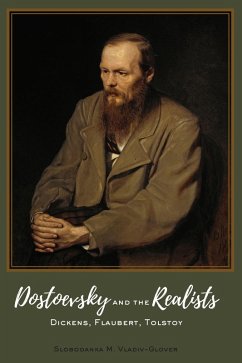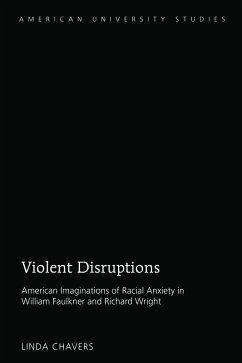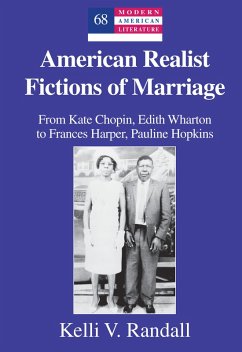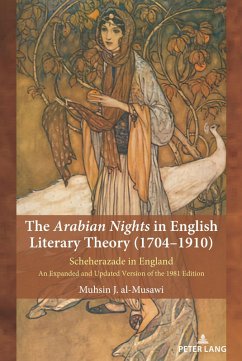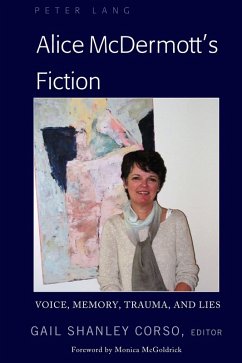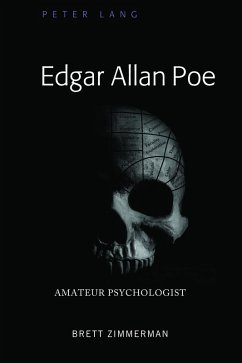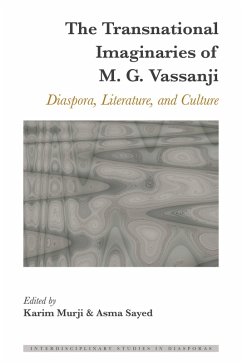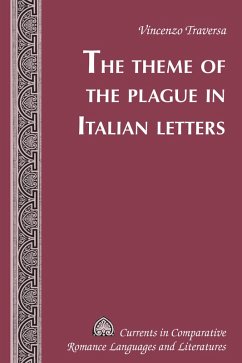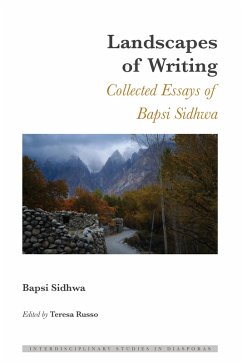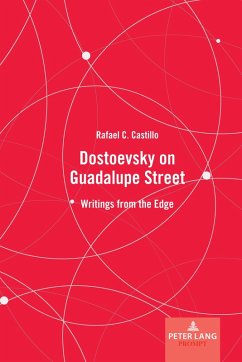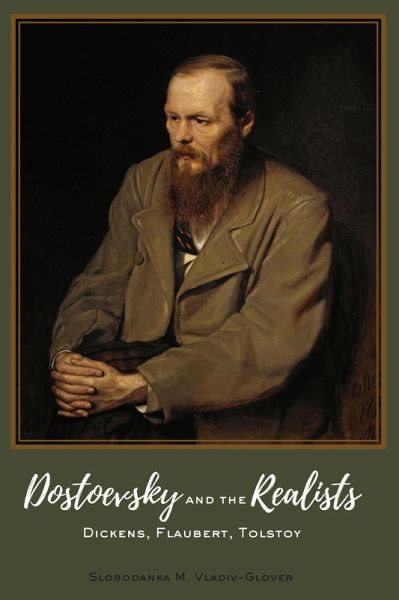
Dostoevsky and the Realists (eBook, PDF)
Dickens, Flaubert, Tolstoy
Versandkostenfrei!
Sofort per Download lieferbar
Statt: 102,50 €**
80,95 €
inkl. MwSt.
**Preis der gedruckten Ausgabe (Gebundenes Buch)
Alle Infos zum eBook verschenkenWeitere Ausgaben:

PAYBACK Punkte
40 °P sammeln!
Dostoevsky and the Realists: Dickens, Flaubert, Tolstoy¿ offers a radical redefinition of Realism as a historical phenomenon, grounded in the literary manifestoes of the 1840s in three national literary canons (English, French and Russian) which issue a call to writers to record the manners and mores of their societies for posterity and thus to become "local historians." The sketch of manners becomes the instituting genre of Realism but is transformed in the major novels of the Realists into history as genealogy and into a phenomenology of modern subjectivity. Dickens, Flaubert and Tolstoy ar...
Dostoevsky and the Realists: Dickens, Flaubert, Tolstoy¿ offers a radical redefinition of Realism as a historical phenomenon, grounded in the literary manifestoes of the 1840s in three national literary canons (English, French and Russian) which issue a call to writers to record the manners and mores of their societies for posterity and thus to become "local historians." The sketch of manners becomes the instituting genre of Realism but is transformed in the major novels of the Realists into history as genealogy and into a phenomenology of modern subjectivity. Dickens, Flaubert and Tolstoy are brought into relation with Dostoevsky via a shared poetics as well as through a deconstructive and/or psychoanalytic analysis of their respective novels, which are interpreted in the context of various doctrines of Beauty, including Dostoevsky's own artistic credo of 1860. In this broad context of European aesthetics and the European literary canon, Dostoevsky's own view of history is illuminated in a new perspective, in which his concept of the "soil" is stripped of its conservative mask behind which emerges a (post-exile) Dostoevsky with socialist, pan-European views. The portrait of Dostoevsky which thus emerges from the present study is that of a European writer with a radically modern aesthetics and with a progressivist political orientation which is in consonance with his pre-exile affiliation with utopian socialism.
Dieser Download kann aus rechtlichen Gründen nur mit Rechnungsadresse in A, D ausgeliefert werden.




